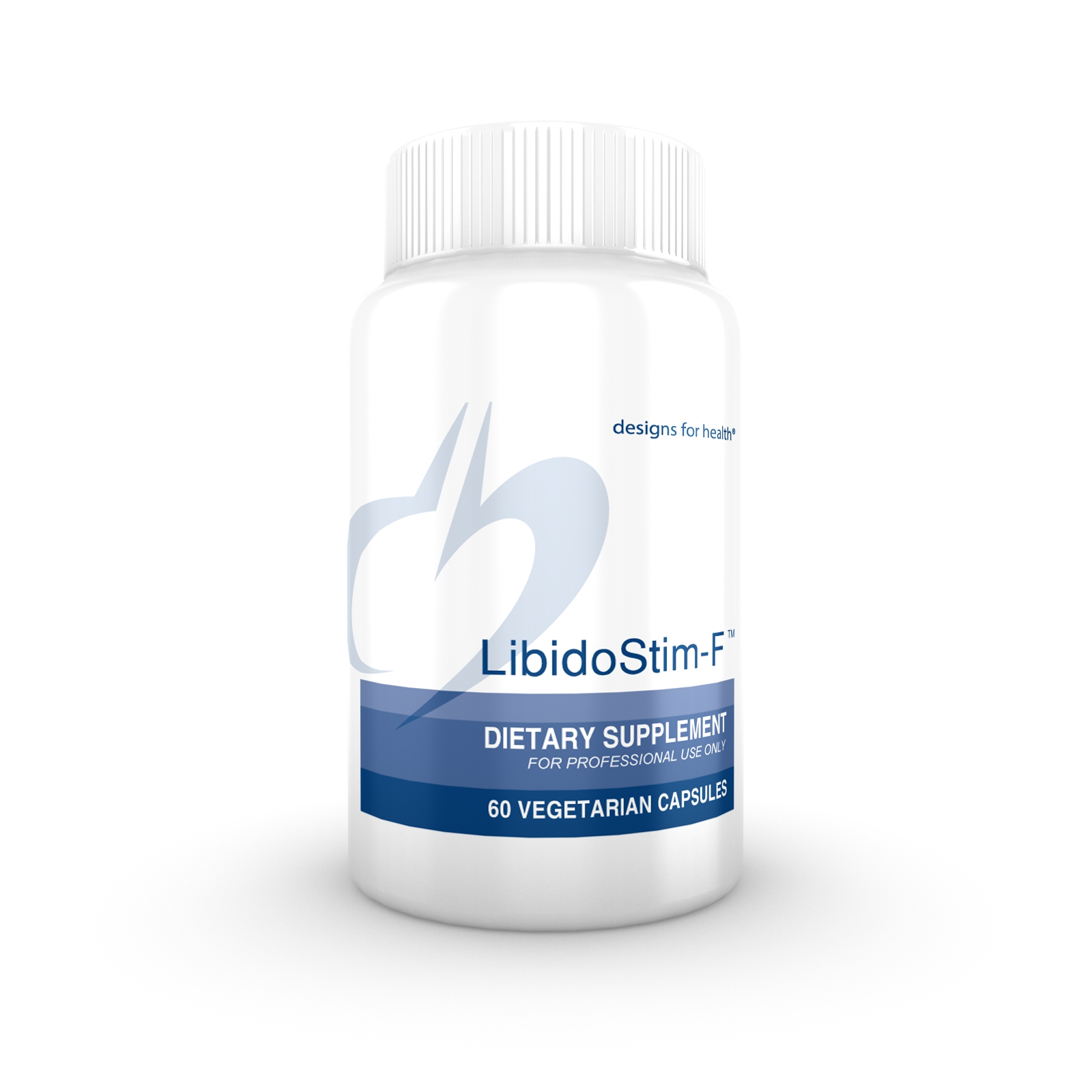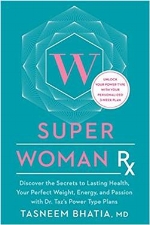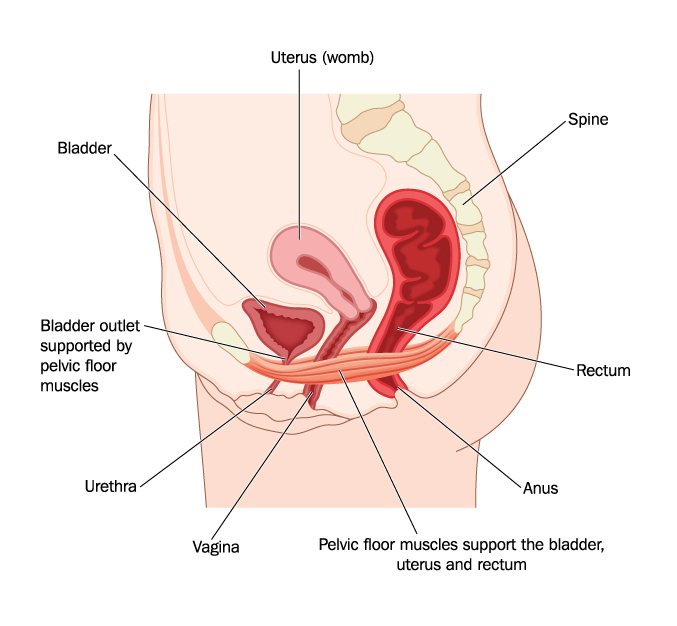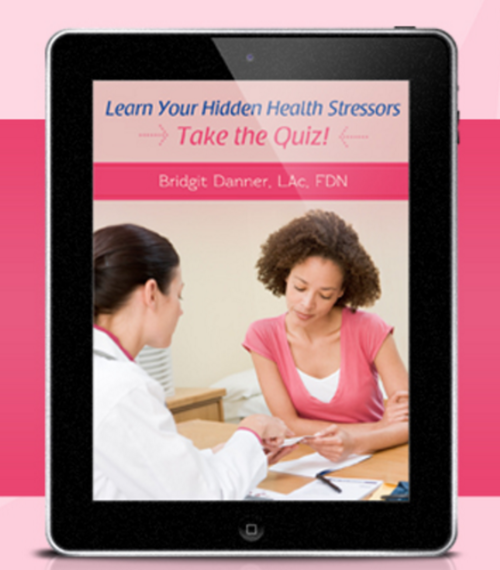Having low sex drive or poor sexual response can damage not only your full experience of life but also your relationship, as sex is a part of bonding with your partner.
There are lots of reasons that you can have low sex drive, including:
Stress, exhaustion, bloating, body image issues, depression, unresolved conflict with your partner, distraction, worries about fertility, worries about your own or your partner's sexual performance, medications like birth control or anti-depressants, headaches or pain.
In this article, I'll focus mainly on the hormonal aspect of healthy sex drive.
A term I learned while researching this article is SIAD or Sex Interest/ Arousal Disorder. I think this acronym portrays the spectrum of what goes on both with a lack of interest in sex and an inability to become aroused and orgasmic during sex.
This research study describes that there are three parts to sexual experience: desire, arousal, and orgasm. I'll explain each stage and also how hormone imbalance can come into play to disrupt each stage.
Stages of Sex Drive
1) Desire
Sexual experience usually starts with thoughts and fantasies about sex, although the article says that it's not always required for a successful sexual experience.
Hormonally speaking, if you have low levels of testosterone, you'll have less desire. Low thyroid hormone activity could also sap your desire.
2) Arousal
The next stage is arousal. When there is an initiation of the sexual stimulation does your arousal grow? Arousal is both physical and mental and, usually, both components need to come into play, with the physical arousal coming first and then the mental arousal deepens your interest.
Estrogen is an important hormone to keep your vagina and vulva lubricated. This lubrication increases during sex and without it sex can be uncomfortable and you’ll lose the desire to continue.
3) Orgasm
This arousal leads the body towards orgasm. According to Women’s Health magazine, “The big bang is the moment when the uterus, vagina, and anus contract simultaneously at 0.8-second intervals. A small orgasm may consist of three to five contractions; a biggie, 10 to 15.”
If you have a high level of cortisol due to chronic stress, it can sometimes be hard to move from your stressed-out state to a relaxed state of enjoying sex that leads to orgasm.
What to Do
As I mentioned earlier, there are a lot of mental and physical factors that come into play for a healthy sex life. You may want to review the list at the start of the article and determine if health, work or communication challenges are getting in the way of your satisfying sex life.
If you want a great 'shortcut' to a better sex life, I recommend a product we carry called Libido Stim F, which can support all three stages of your sexual experience.
I tried this product last Spring. At the time, I certainly wasn't thinking about sex much and I did sometimes have a hard time to become aroused- which as you know is super frustrating! So I tried this product, Libido Stim F, without getting my hopes up too high.
I didn't really notice anything until I had been taking it a couple weeks. Then I noticed more desire and even fantasies of sex. I was really surprised! I found arousal and orgasm became much easier as well. I can definitely recommend Libido Stim F as being effective.
The mechanisms of action in Libido Stim F are:
Increase hormone production
Maintain hormone balance
Improve adrenal function
Increase blood flow both to the genitals and the brain (two sex centers!)
Libido Stim F is in a capsule form and one bottle taken at the recommended two capsules a day will last one month. It is important to take it daily for the effect, and please give it some time to kick in. Please see warnings and considerations below before purchasing.
This formula contains a synergistic blend of stimulating and balancing herbs, plus a very small dose of DHEA. DHEA (dehydroepiandrosterone) is a hormone that is a precursor to other sex hormones being produced.
I'll highlight one of Libido Stim F's eight herbal ingredients: Tribulus Terrestris. Tribulus Terrestris is a thorny flowering plant also known as Puncture Vine. It has been used medicinally in Ayurvedic and Chinese traditions for thousands of years. According to Herbwisdom.com, "the active ingredients in Tribulus Terrestris include saponins, lignin amides, flavonoids, alkaloids, and glycosides."
A small double-blinded, randomized study showed, "a significant improvement in the domains of desire, arousal/lubrication, pain, and anorgasmia in women who used T Terrestris, whereas no improvement was observed in the placebo group. Moreover, free and bioavailable testosterone levels showed a significant increase in the T Terrestris group."
Warnings and Considerations
Libido Stim F is not recommended if you have had breast cancer, as it take contains a very small amount of DHEA which is a precursor to estrogen.
This product is not recommended in cases of dominant PCOS or hirsutism (excess hair growth). Note: I myself am on the PCOS spectrum and get acne very easily and I prefer to take this one capsule a day instead of two. I find the taking one a day still helps my sex drive and I avoid the extra testosterone (another hormone produced from DHEA) stimulating my skin cells too much.
This product is not vegetarian.
Always consult your primary care physician before starting a new regime, especially if you have a complex case.
It is dangerous to buy this product from an unknown vendor online.
This article is not meant to diagnose or treat disease and is not meant to replace your relationship with your primary care doctor.
Buy Libido Stim F at our shop.
Working on your sex drive and ability to arouse is not only something you do for yourself but for your relationship. You may be surprised at how much your relationship shifts overall when you are connecting well sexually again.
Here’s to your healthy, happy sex life!
Sources:
https://www.ncbi.nlm.nih.gov/pmc/articles/PMC3474615/
https://www.womenshealthmag.com/sex-and-love/sex-ed-anatomy-of-an-orgasm
https://www.herbwisdom.com/herb-tribulus-terrestris.html
https://www.ncbi.nlm.nih.gov/pubmed/27760089














































